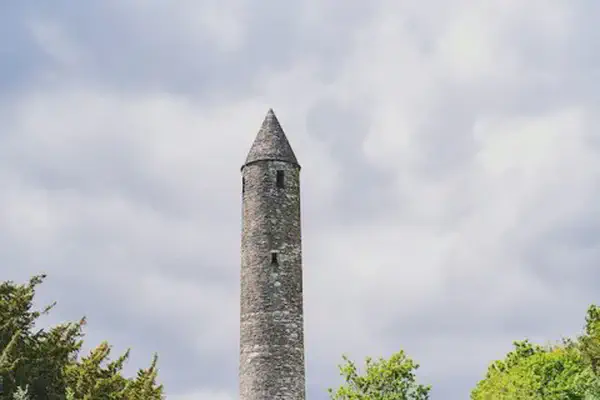On January 28, 1610 in Celtic History
The crown and the irish society of london, agree to carry out the plantation of derry, coleraine and part of tyrone

The agreement between the Crown and the Irish Society of London to carry out the plantation of Derry, Coleraine, and part of Tyrone refers to a significant historical event known as the Plantation of Ulster. This event took place in the early 17th century and was part of the broader policy of the English and later British colonization of Ireland.
Background
The Plantation of Ulster was a process initiated by the English Crown, primarily under King James I, to colonize the province of Ulster in northern Ireland with English and Scottish Protestant settlers. This followed the Flight of the Earls in 1607, when several Gaelic Irish lords left Ireland, leading to the confiscation of their lands by the Crown.
Role of the Irish Society of London
The Irish Society was formed by the City of London in response to a royal request to participate in the plantation. The Society was a consortium of London livery companies, which were trade associations and guilds.
The Agreement
The Crown granted the Irish Society lands in Ulster, particularly in modern-day County Londonderry (then including what is now County Tyrone), to establish new settlements. The key areas were the city of Derry (renamed Londonderry) and the town of Coleraine.
Objectives of the Plantation
The primary objective was to settle Ulster with loyal Protestant subjects, thus consolidating English influence in Ireland. The plantation aimed to bring about economic development and to establish control over what was considered a rebellious and unruly region.
Implementation
The livery companies of London undertook the establishment of new towns, fortifications, and the settlement of the land with tenants. However, the implementation faced various challenges, including resistance from the native Irish population, logistical difficulties, and issues of mismanagement.
Long-Term Consequences
The Plantation of Ulster had profound and lasting demographic, social, and political impacts. It led to significant changes in land ownership and contributed to the religious and cultural diversification of the region. The plantation is also a root cause of the sectarian divide in Northern Ireland, contributing to centuries of conflict between the Protestant and Catholic communities.
Historical Significance
The agreement between the Crown and the Irish Society of London to carry out the Plantation of Ulster is a pivotal event in Irish history. It played a crucial role in shaping the historical trajectory of Ireland, particularly Northern Ireland, and its effects are still felt in the region’s complex socio-political landscape.
The Plantation of Ulster remains a subject of historical analysis and debate, reflecting the complex interplay of colonization, cultural identity, and conflict in Irish history.
Related Content

Shane Patrick Lysaght MacGowan, lead singer of the Pogues, died

St Machar Day, patron saint of Aberdeen

Oíche Shamhna - Cetlic New Year Eve (Halloween)

ALBAN ELFED (Welsh Bardic name for autumn equinox)

Feast day of St. James

John Davie Burgess, King of the Highland Pipers, died at age 71.